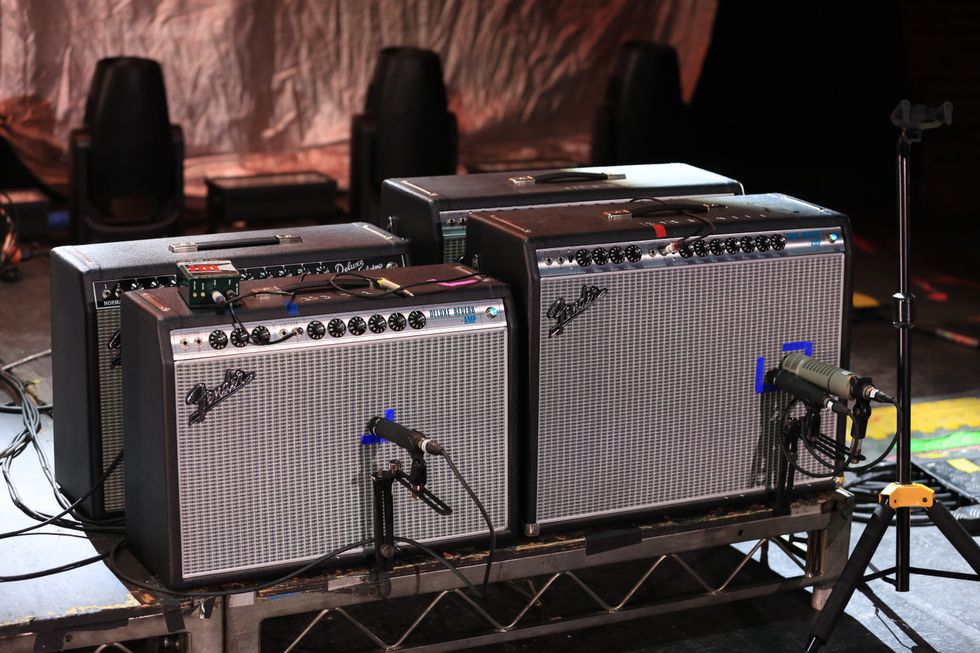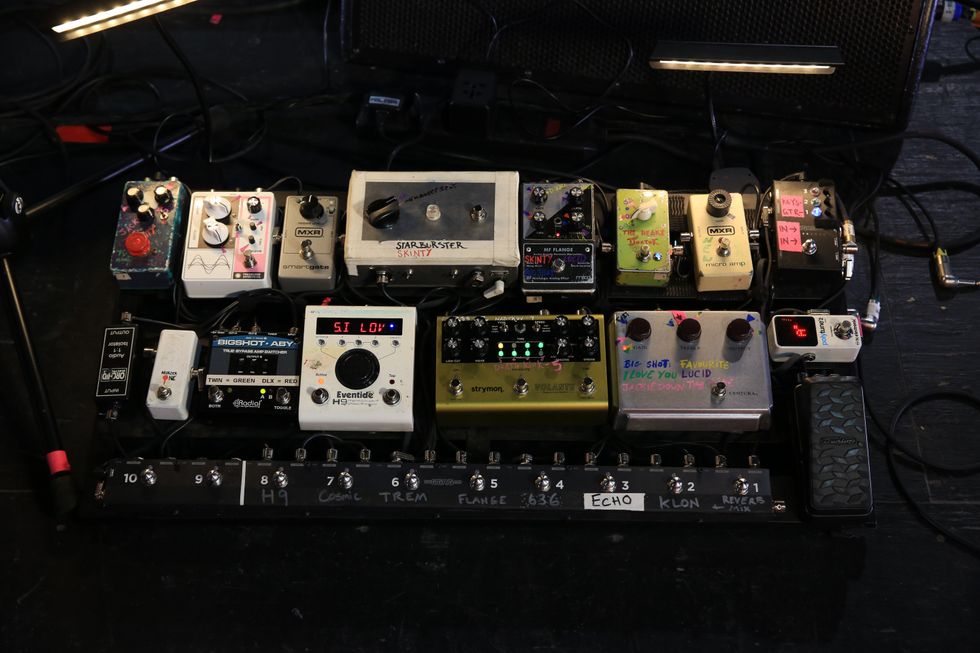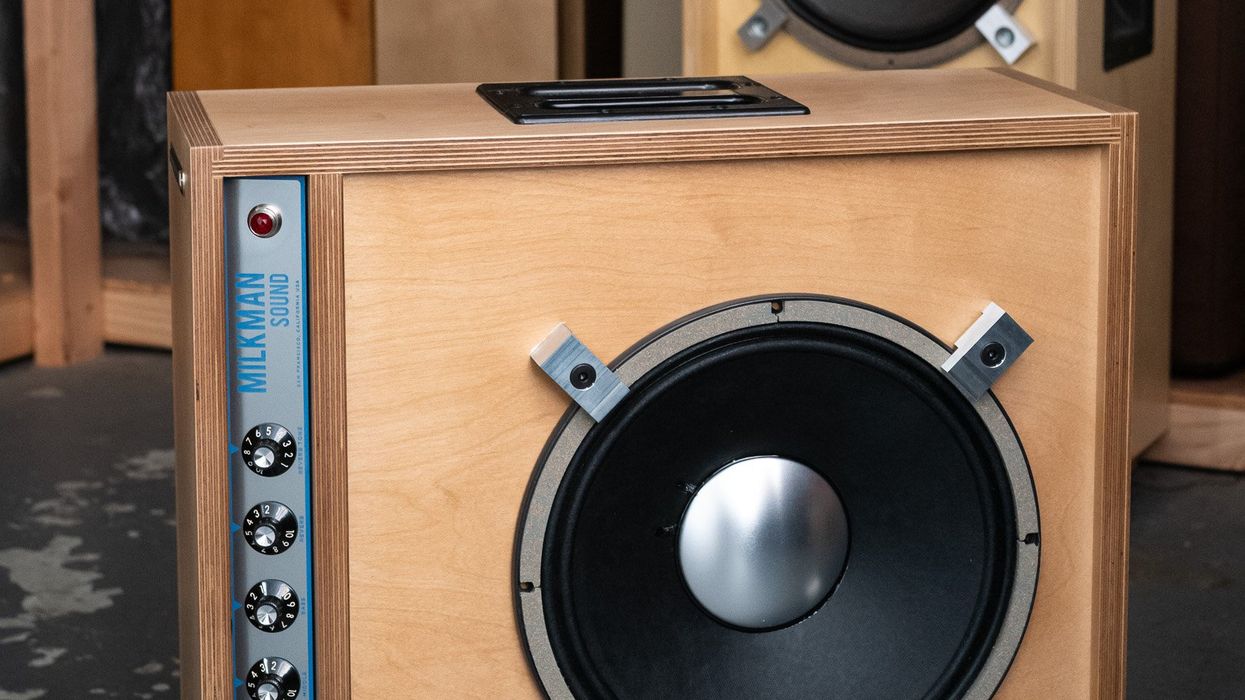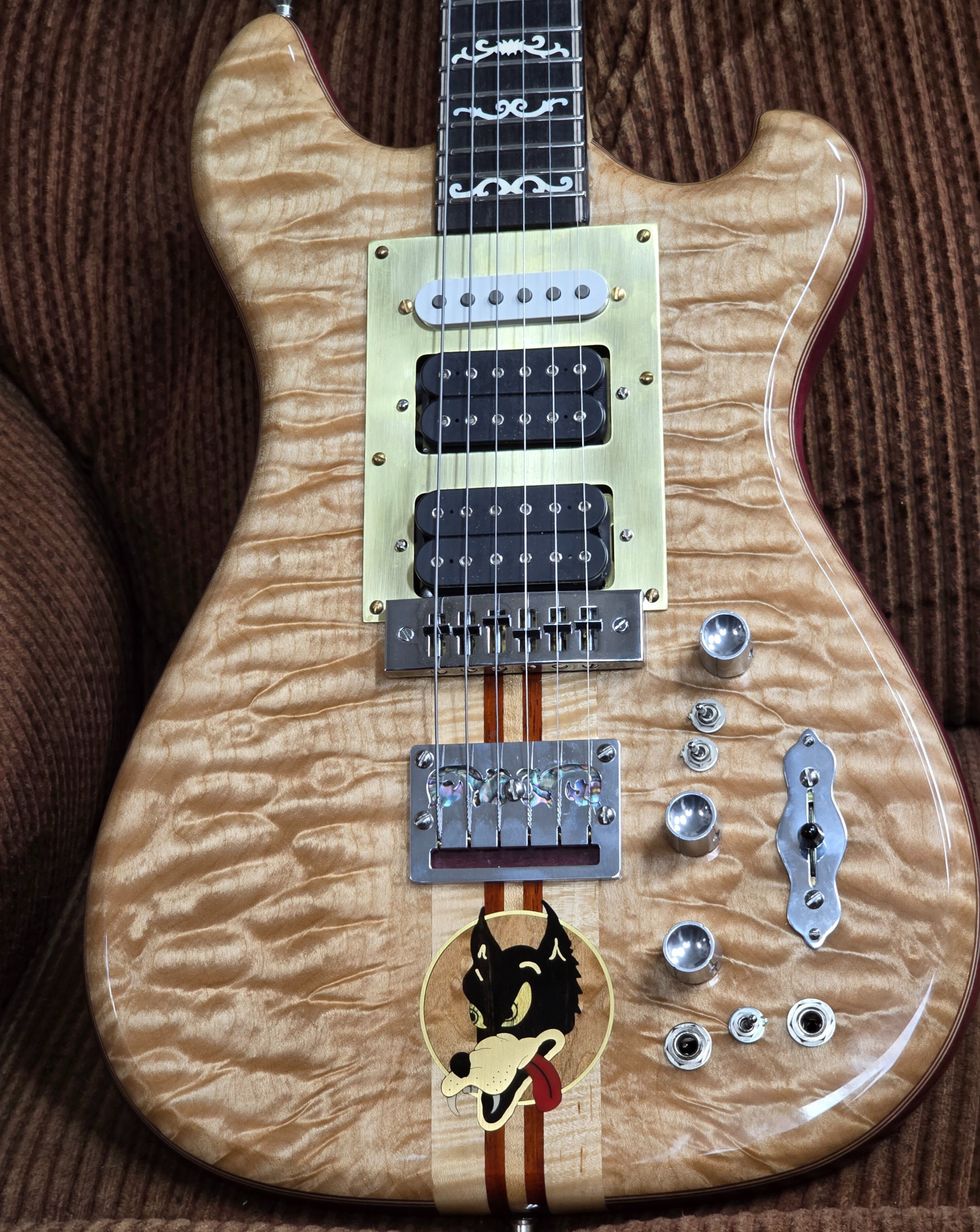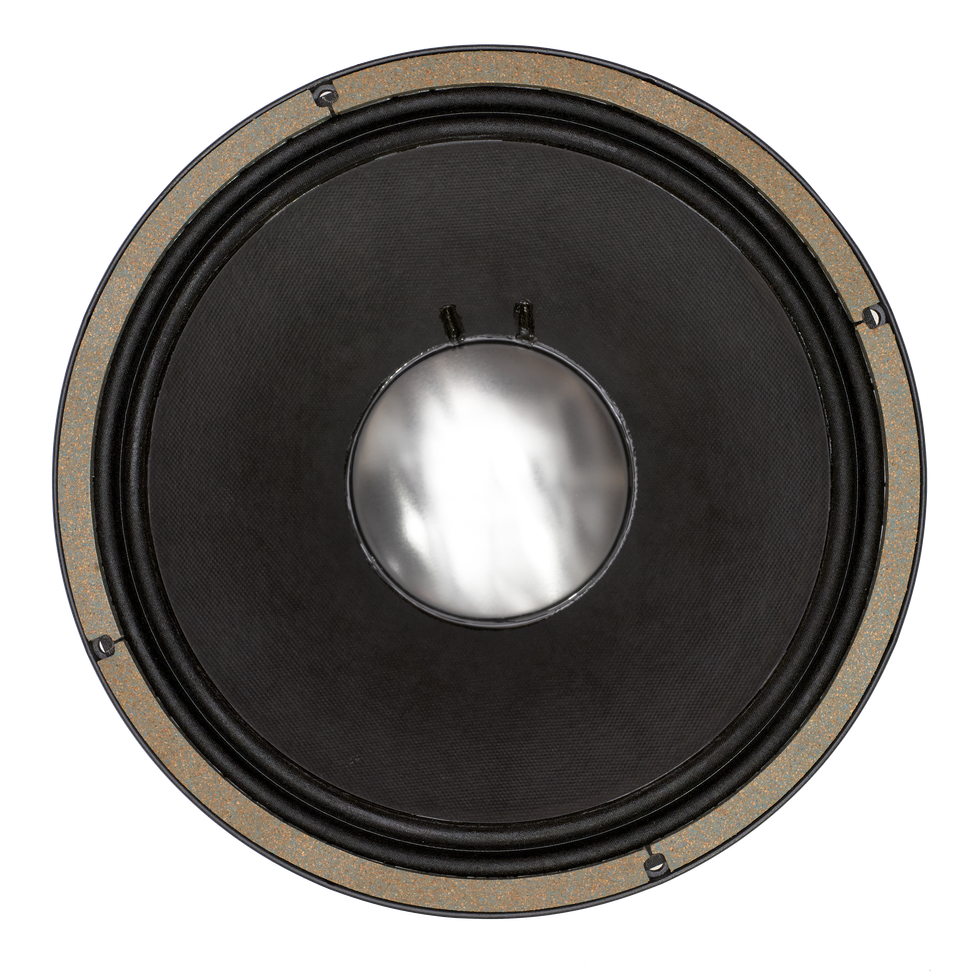Racing Forward, Looking Back
The Revstar bears some resemblance to Yamaha’s sought-after and long-discontinued SG series. But a glance past the basic contours reveals that the Revstar has a unique profile all its own, with subtle offset curves and a subdued cresting-wave curvature that looks like a tip of the cap to Rickenbacker’s 325. In a tie to Yamaha’s equally celebrated and successful history as a motorcycle manufacturer, the guitar also borrows understated styling cues from ’60s café racer motorbikes.
On this particular guitar, styling features included a grey/blue “Rusty Rat” satin finish accented by two gloss racing stripes, an anodized aluminum pickguard, and minimalist-chic volume and tone knobs. It tastefully balances influences from Yamaha’s design heritage and ’60s Southern California guitar and car culture, though I noticed that the satin finish tended to pick up a lot of finger smudges, so a little vigilance is needed to keep the guitar looking minty. Thankfully, a beautiful, textured hard-shell case is included.
Get Your Motor Running
Given Yamaha’s track record for high quality—particularly on Japan-built instruments—I had high expectations for fit and finish. Revstar didn’t let me down. The construction is almost flawless. Frets are perfectly seated and smooth over the length of the neck. The factory setup is excellent. And top-flight parts like the TonePros AVT-II bridge help make the Yamaha stage-ready right out of the case.
The Revstar is a performance-oriented machine that you can really fly on. Its mahogany 24.75" scale set neck is thick yet comfortable, and has a nice, flattish 13.75" radius rosewood fingerboard with 22 jumbo frets that is made for blazing. The neck joint is carved to allow for excellent upper fret accessibility. I didn’t have to maneuver my left hand into any unusual angles to hit the very highest notes. In addition to the easy-to-play neck, a lot of thought was put into the guitar’s overall ergonomics. A belly cut in the back and a forearm contour on the guitar’s flat-topped body make for a very comfortable playing experience.
I tested the Revstar with a Mesa/Boogie Mark IV amp and got lovely tones right off the bat. With the amp’s rhythm channel set for medium gain, the guitar’s bridge pickup selected, and volume and tone knobs all the way up, I got a throaty, blues tone with lots of bite, as well as a punchy, rootsy rhythm sound. What surprised me was how incredibly articulate the vintage-style VH7+ alnico bridge pickup remained in high-gain settings. Few humbuckers I know sound this defined with distortion and heat on top. Revstar may not look or feel like a shredder’s special, but it often performs like one.
Ratings
Pros:
Excellent construction. Killer pickups with a useful filtering function.
Cons:
None.
Tones:
Playability:
Build/Design:
Value:
Street:
$1,699
Yamaha Revstar RSP20CR
yamaha.com
Under the Hood
The control panel, which consists simply of volume and tone knobs and a 3-way pickup selector lever, seems as simple as can be on the surface, but there’s a bit more than meets the eye. The tone pot has a push/pull “dry” switch, which you might assume is a coil tap or splitter. In actuality, it re-shapes the EQ curve by removing some low end and adding extra cut and clarity. The effect is subtle but definitely noticeable, and very useful.
Using the neck humbucker for jazz moves yields complex chords that are meaty and full of harmonic richness. But if I needed a funkier Nile Rodgers-like edge I could activate the dry switch—trimming some of the thickness and low-end resonance without neutering the sound or drastically shifting the guitar’s basic tonal character. And since it's still a full humbucker, there are few of the noise issues you’d have with single-coils—a very nice compromise.
High-gain settings were unexpectedly cool for the dry switch, too—especially when I wanted to explore different colors in a single solo. I could move from Hendrix-y, Strat-like tones with the dry switch turned on and the neck pickup engaged to Gary Moore-style heaviness with the dry switch disengaged and the bridge pickup selected. Pulling up on the dry switch mid-solo isn’t as easy as flicking to a different pickup, but it can be a very intuitive process with a little practice.
The Verdict
The Revstar is a well-realized, thoughtfully designed instrument that offers flawless craftsmanship, superb playability, stellar tones, and great sonic versatility. It can convincingly take you from Metallica to Motown to Mahavishnu Orchestra, without any aftermarket mods like pickup changes or complex rewiring schemes. The hot-rod styling may not be for everyone—even in this relatively subdued guise. But if your sole concern is finding a well-crafted instrument that sounds amazing, the Revstar is hard to beat. And even if the near-$1,700 price looks steep, you get custom-shop-level attention to detail and sounds that will rival classics in the same—or higher—price range.
Watch the Review Demo:



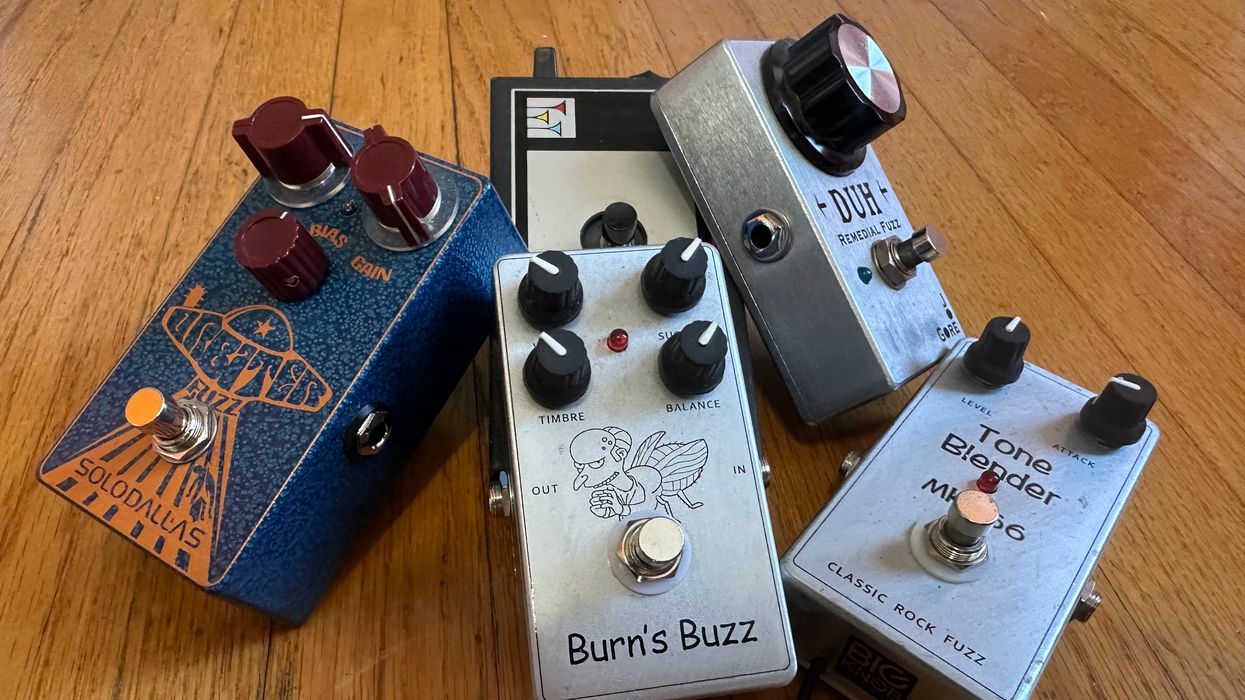



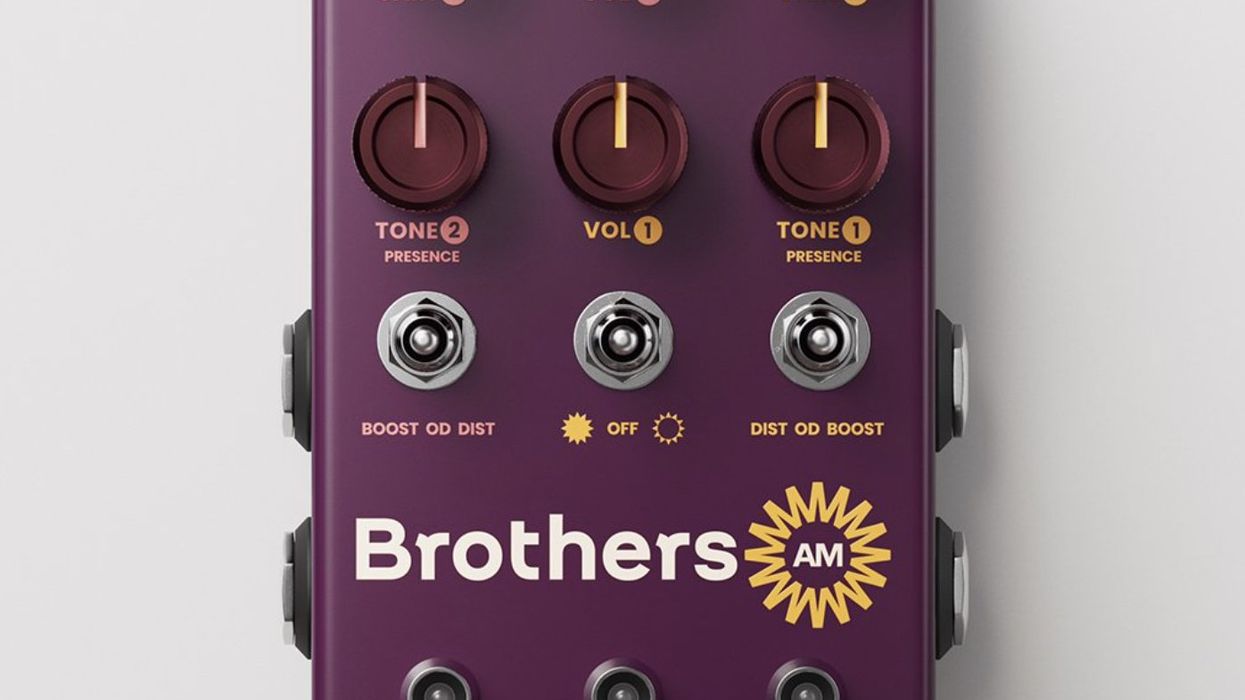


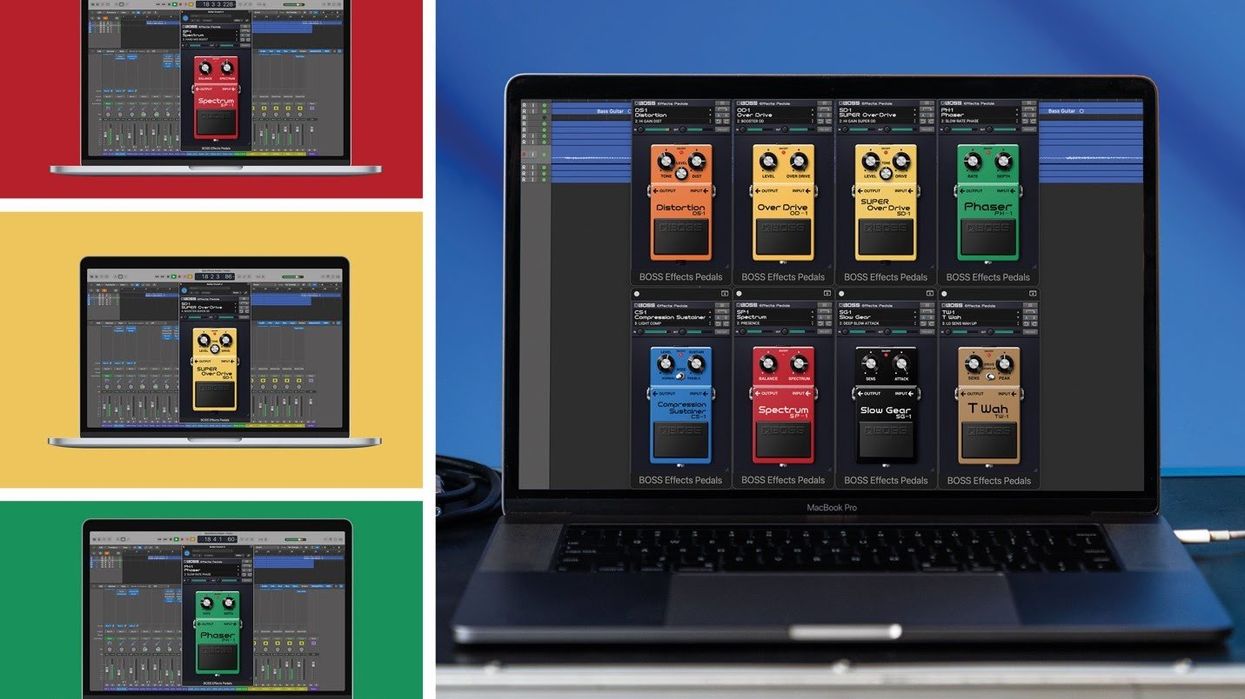
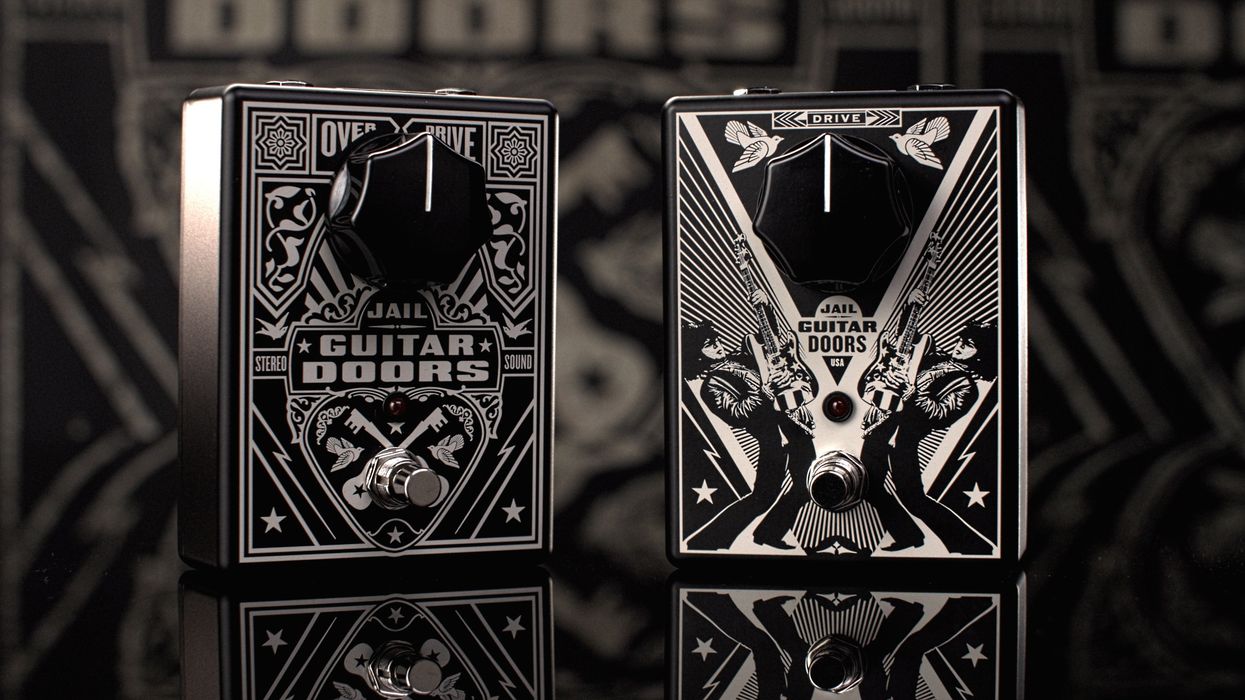

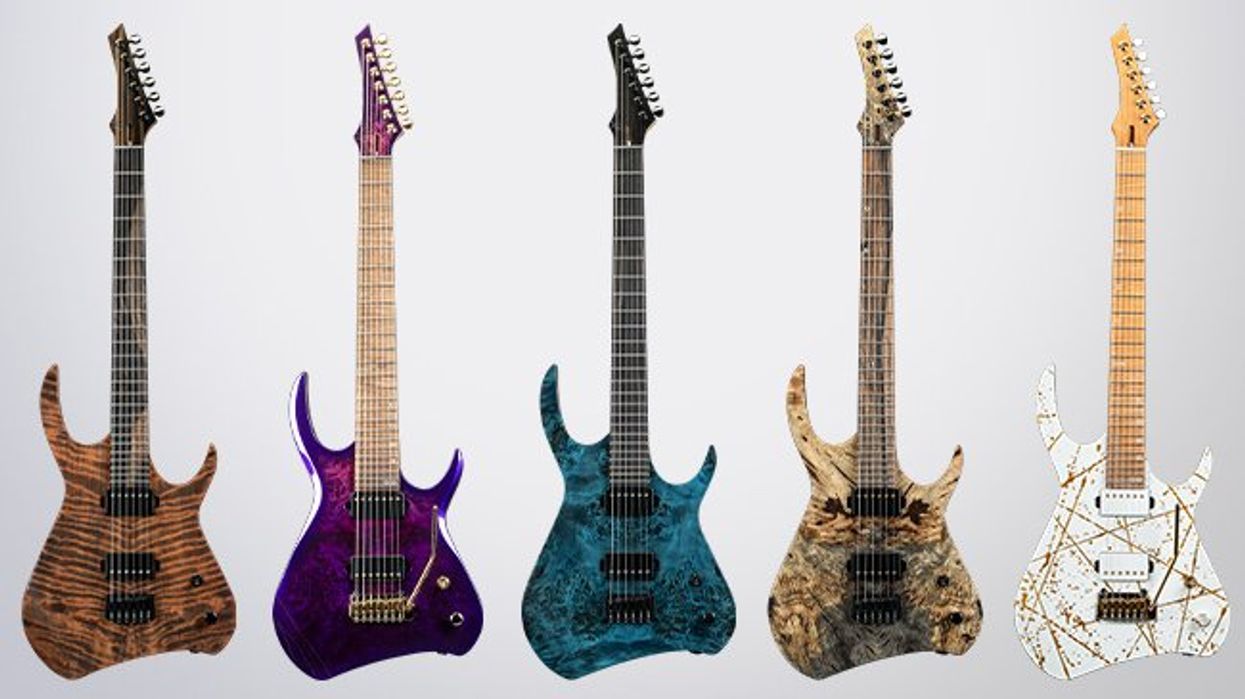
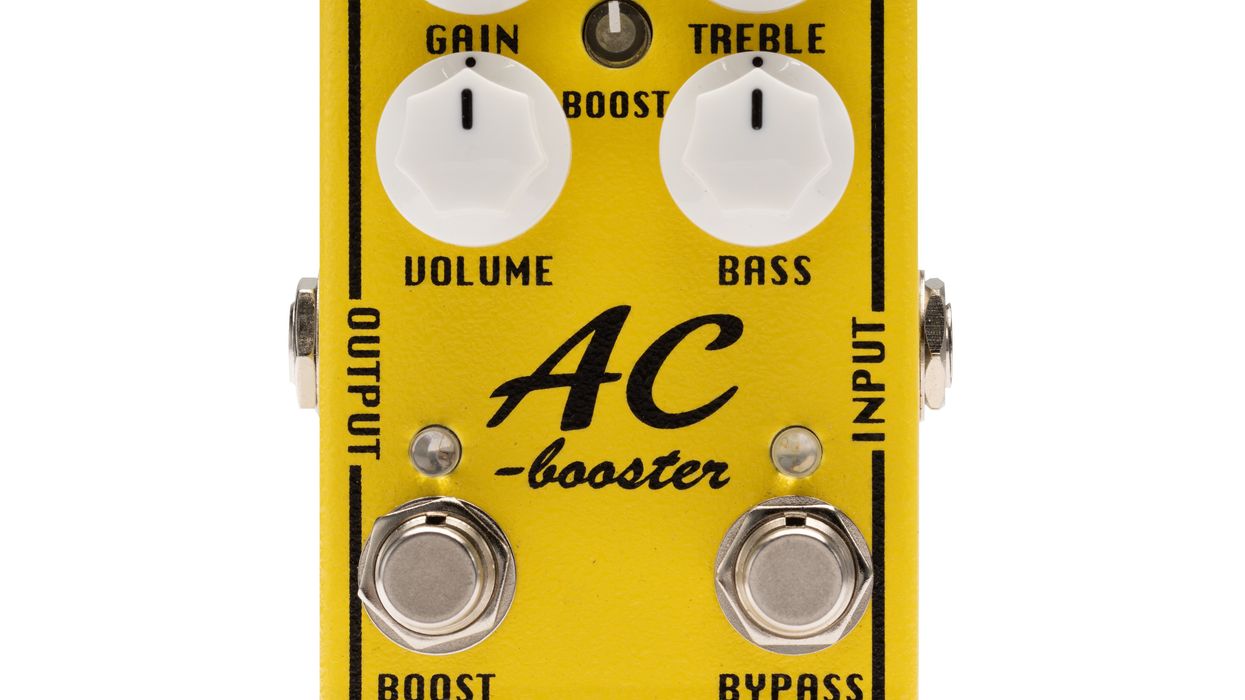
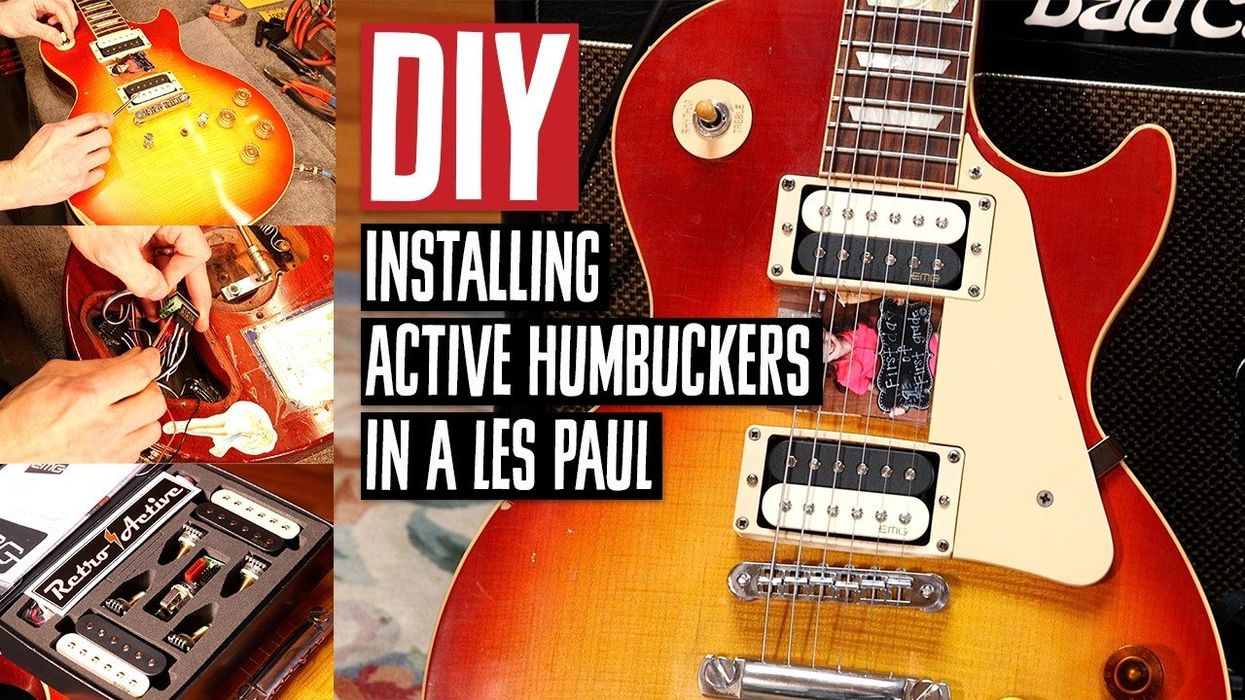
![Fontaines D.C. Rig Rundown [2025]](https://www.premierguitar.com/media-library/image.jpg?id=60290466&width=1245&height=700&quality=85&coordinates=0%2C0%2C0%2C0)
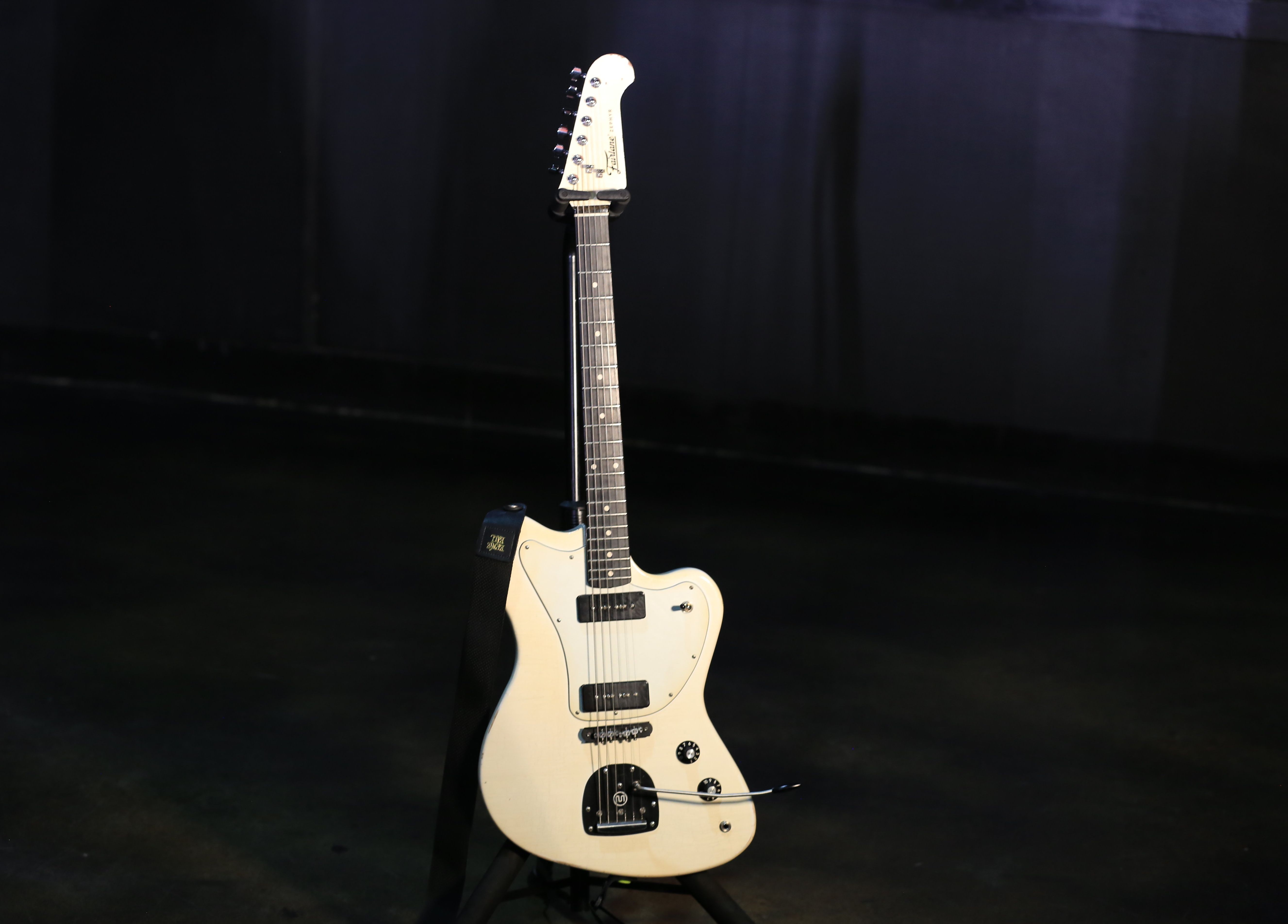
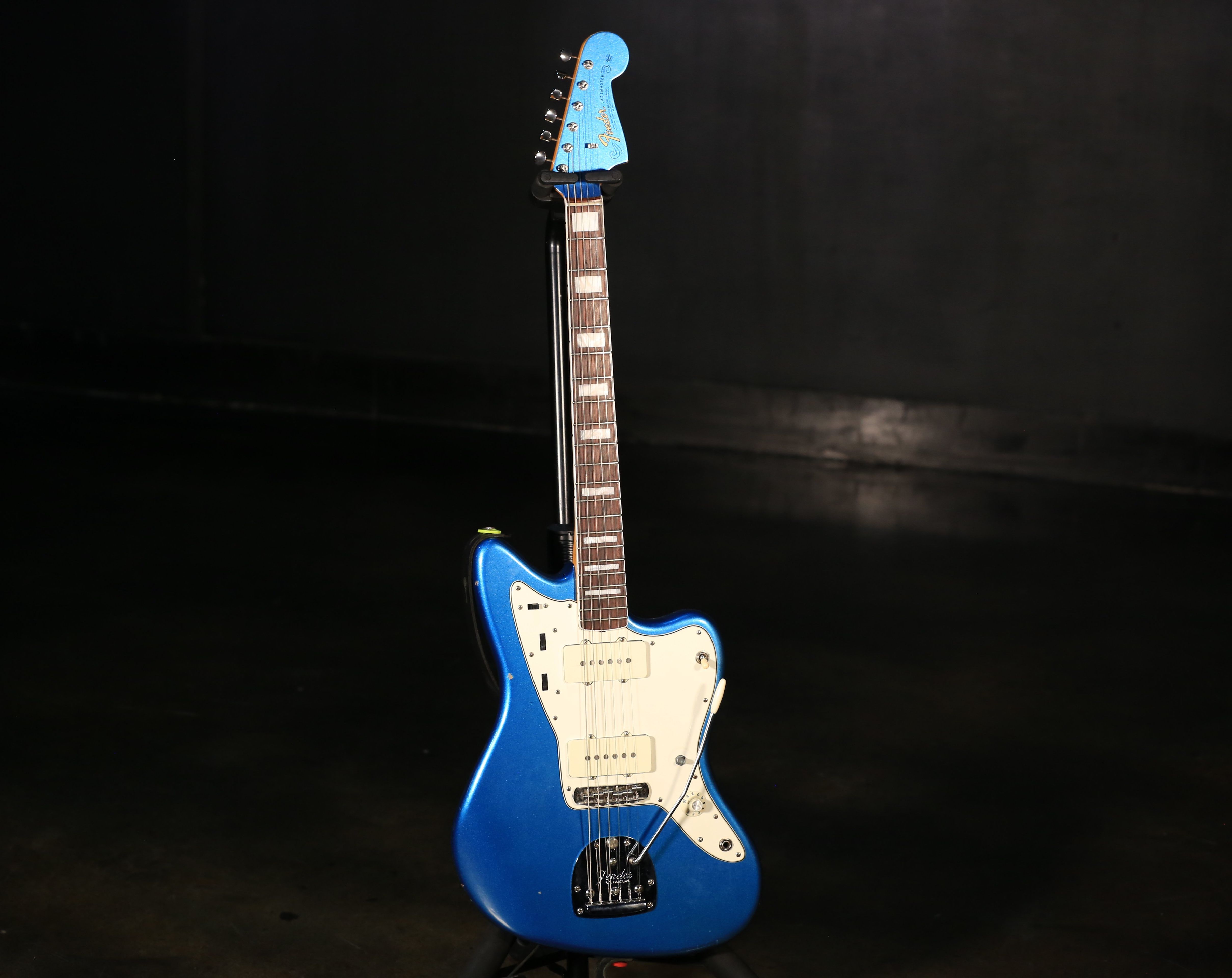
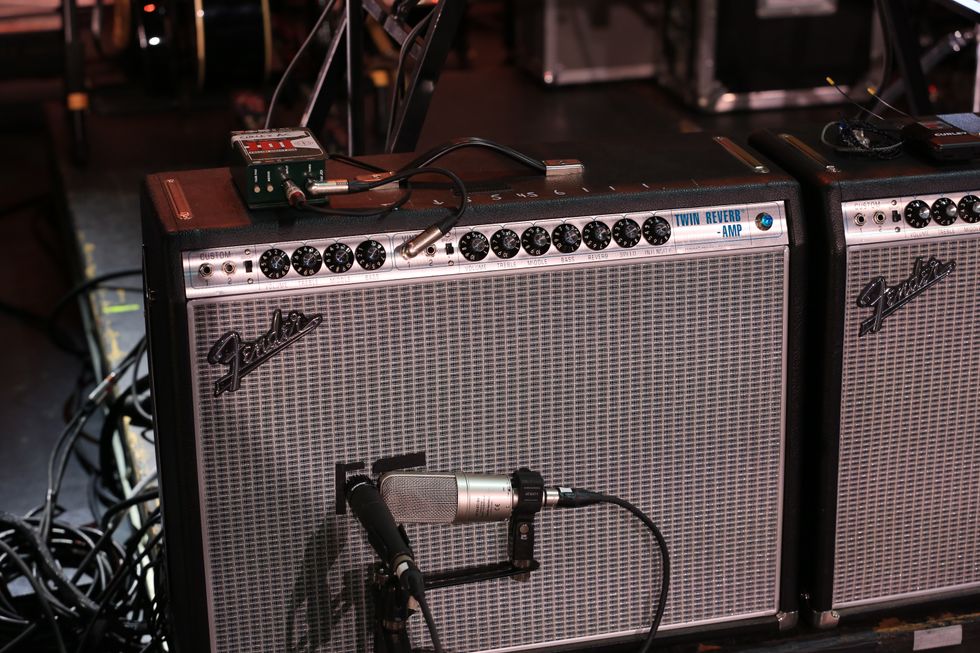
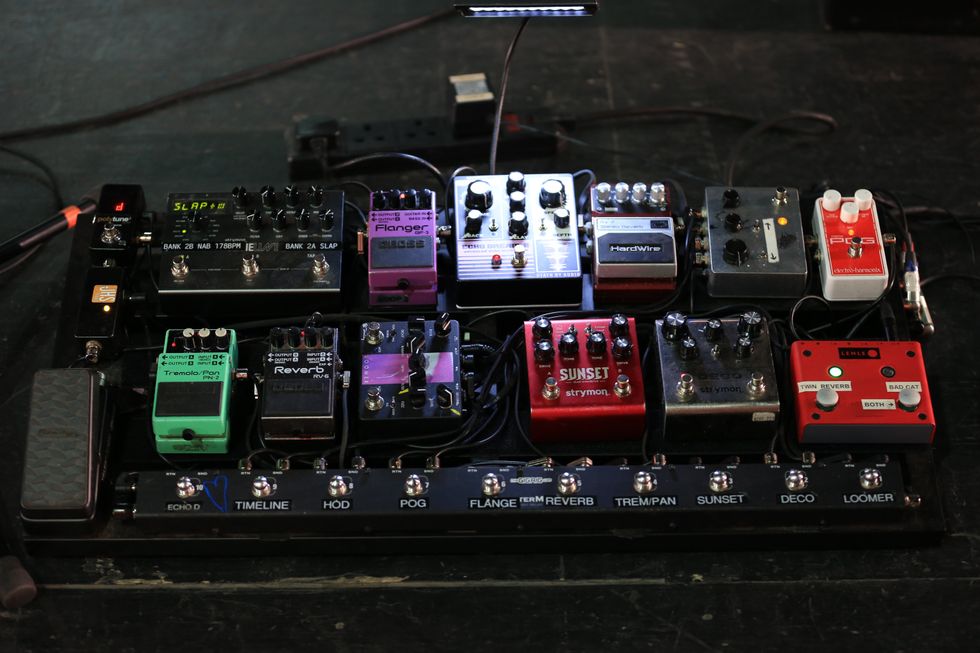
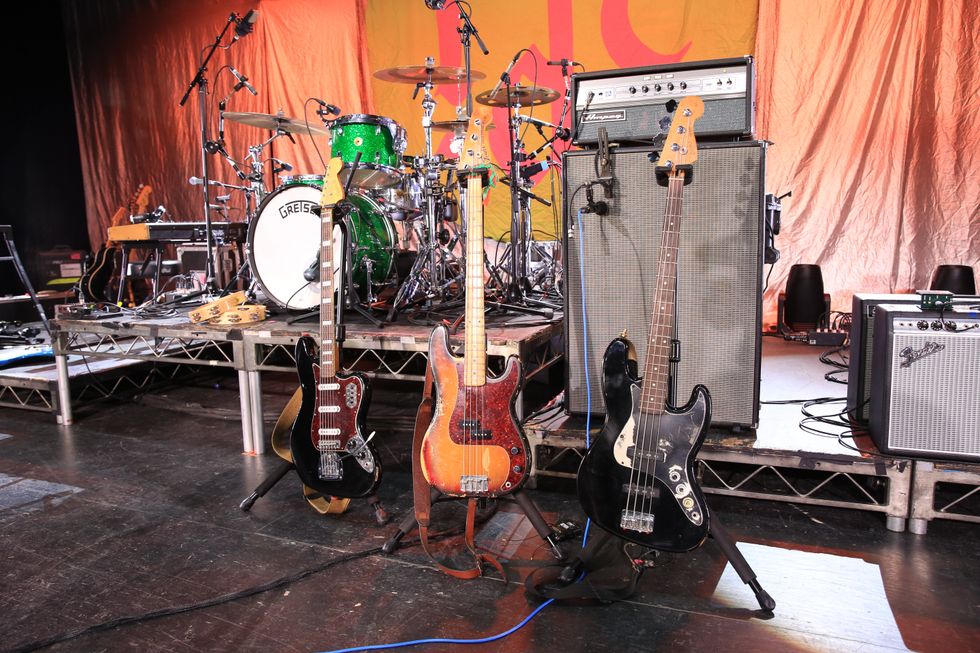
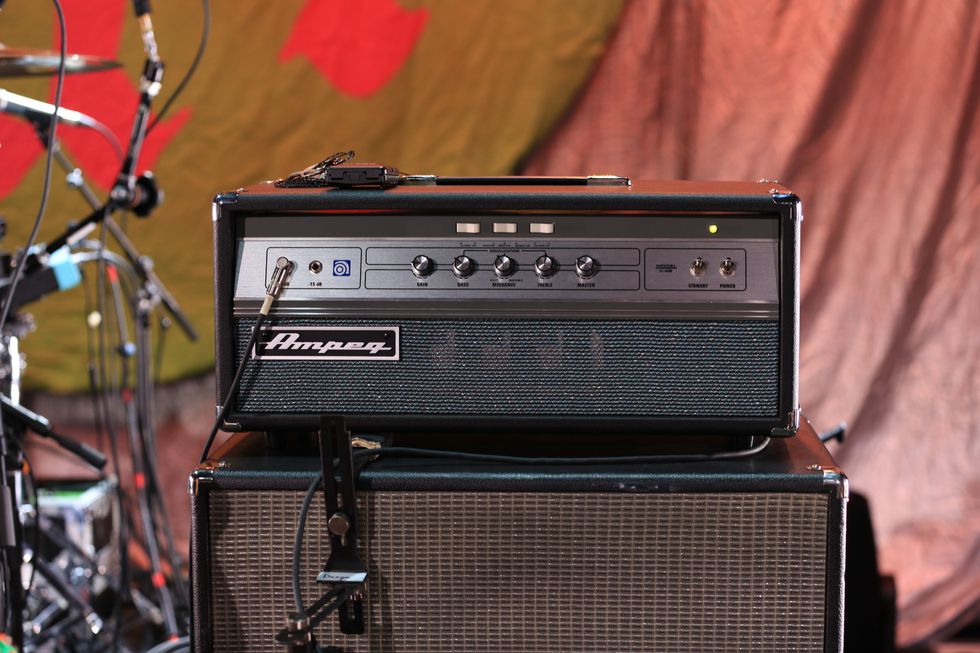
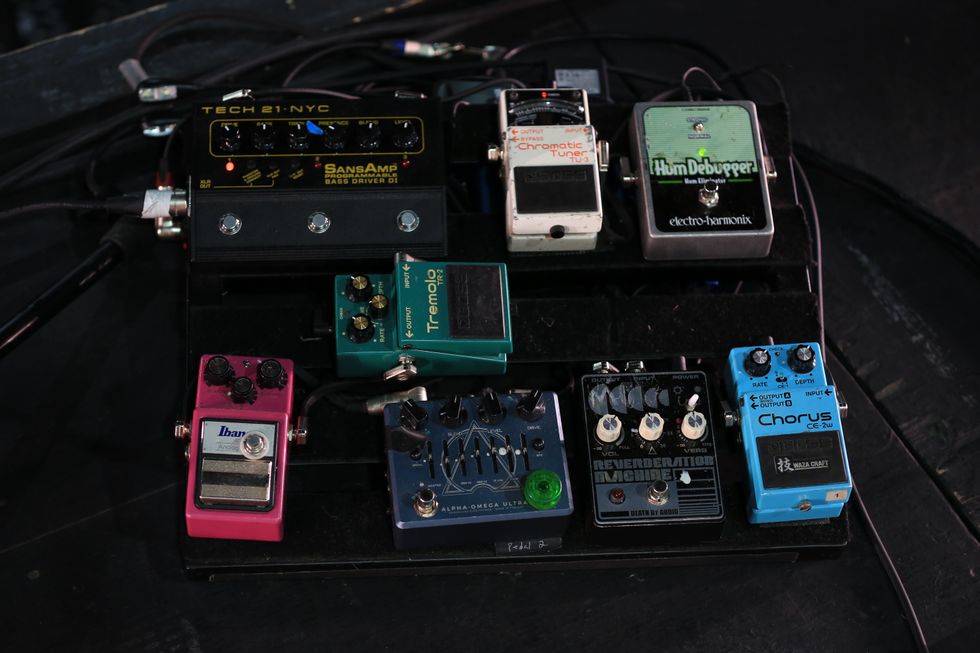
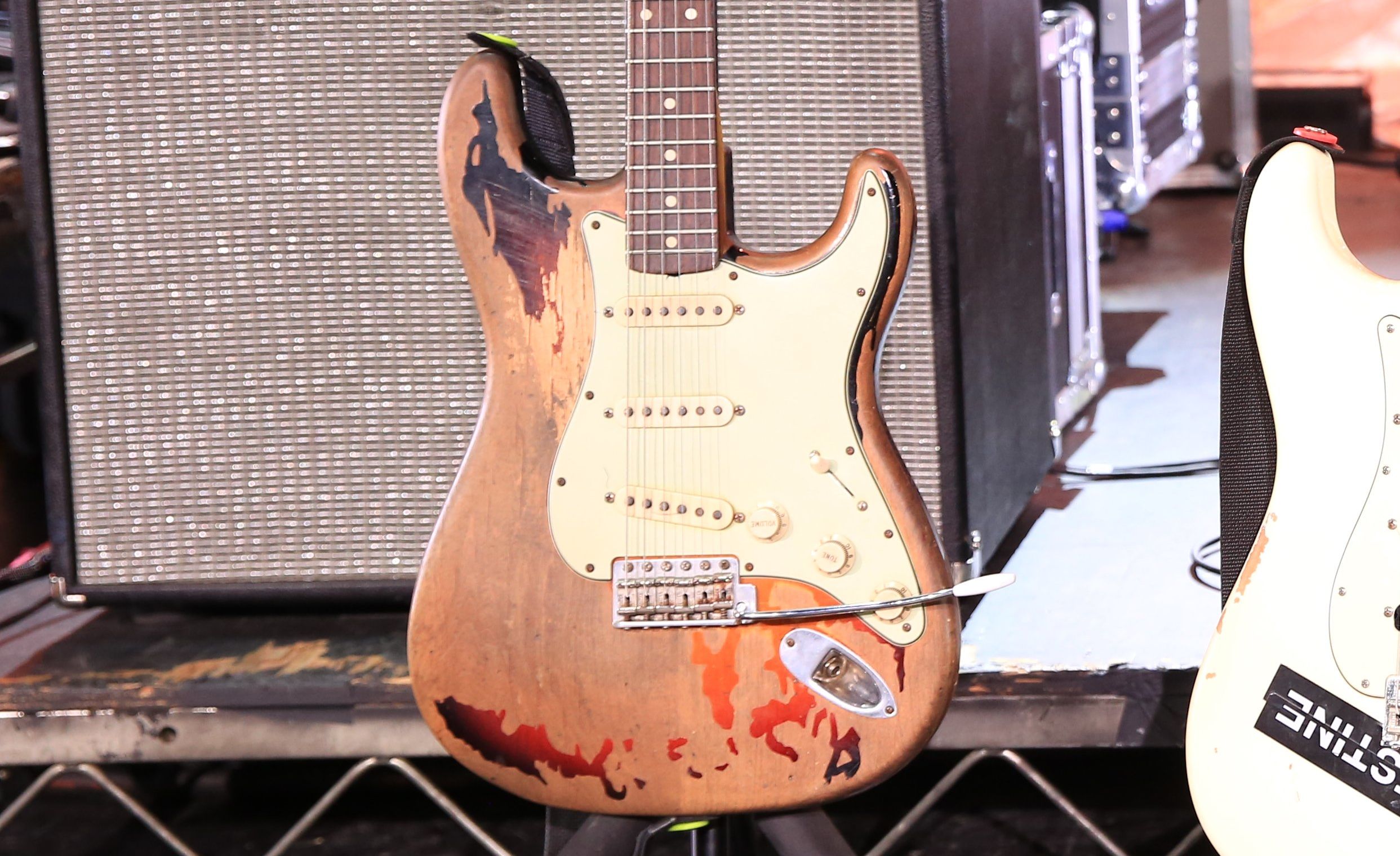
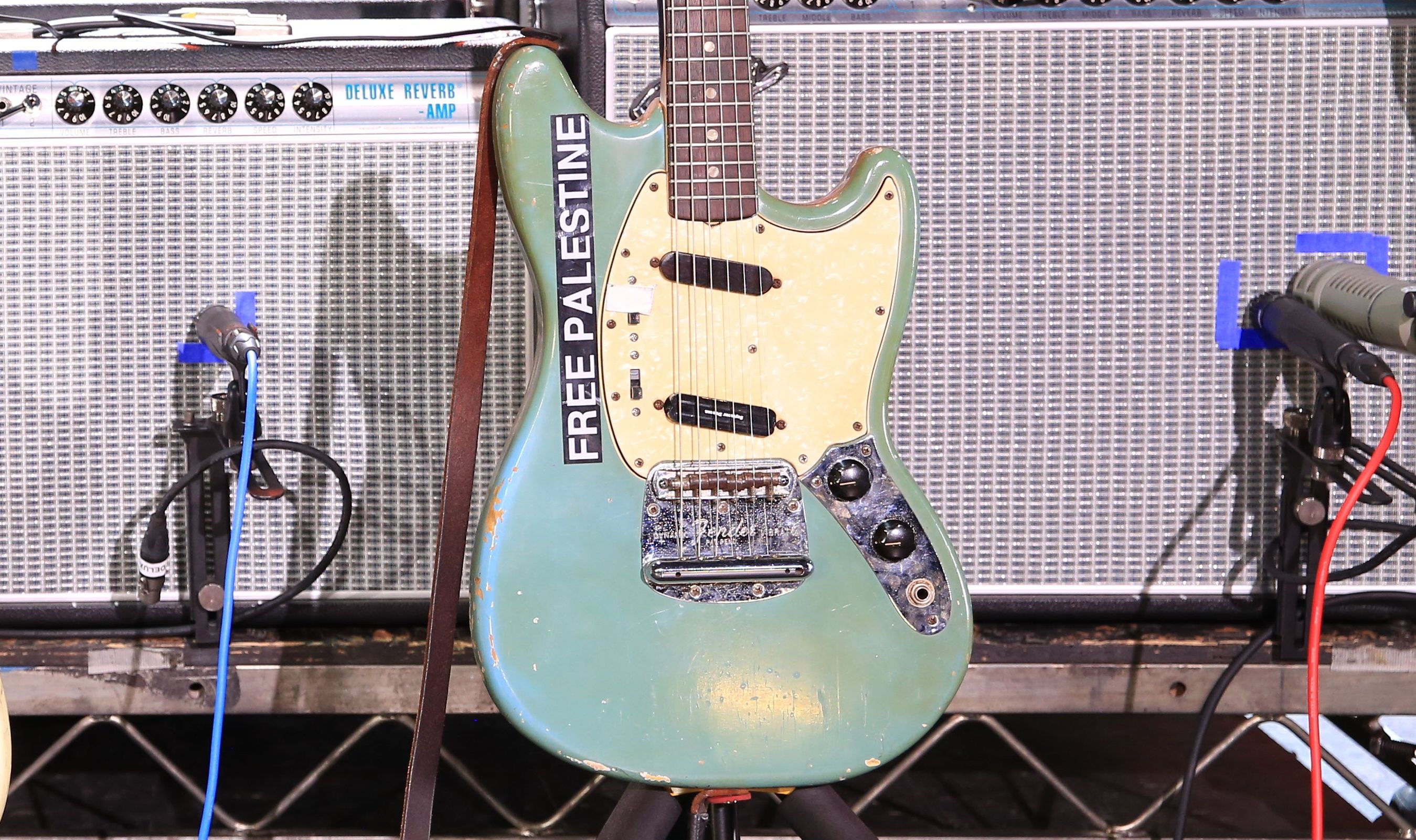 Mustang Muscle
Mustang Muscle